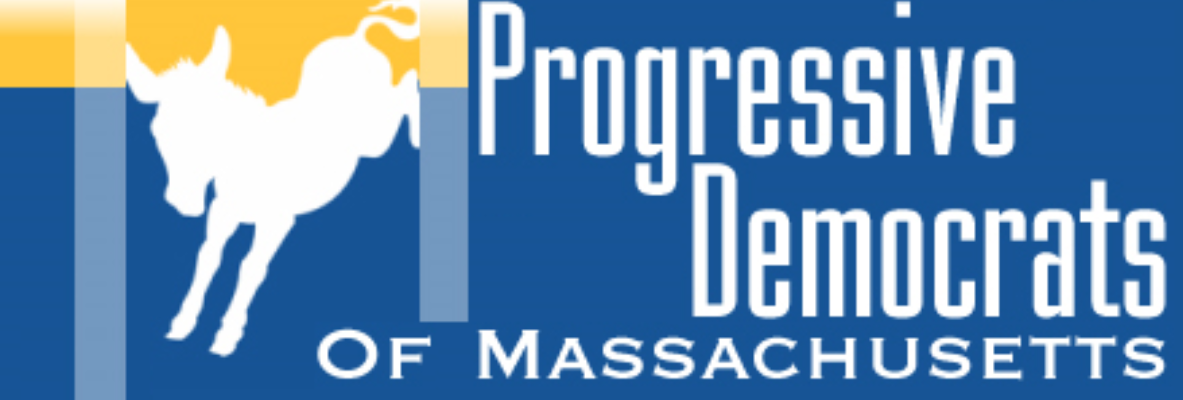On April 20, 2020 Massachusetts put in place a temporary moratorium on evictions and foreclosures, the strongest bill in the country according to the Eviction Lab at Princeton University and Columbia Law School analysts, providing the most protection for renters, owner-occupied buildings of four units or less, and small businesses who cannot pay their rent or mortgages because of lost income due to the COVID-19 crisis
The law stops all eviction actions except in cases that involve criminal acts or a threat to health or safety. Landlords cannot send any eviction notices – they cannot file for eviction, send any notices terminating a lease, including a notice to quit, or demand that tenants leave their unit. Landlords can send notices such as statements of amounts owed, but they cannot ask tenants to pay rent. Landlords can use the last month’s rent if necessary for operating expenses. Courts cannot act on eviction matters, and sheriffs and constables cannot enforce executions for possession.
The law only applies to those whose incomes have been impacted by the COVID-19 crisis and is primarily intended to keep people safe in their homes in the current public health crisis. Tenants will still owe rent and it is in the best interest of all for tenants to pay what they can, if this does not jeopardize their health or well-being, and to seek financial assistance for the money owed.
The law stops residential foreclosures for owner-occupied buildings of four units or less. It requires mortgage forbearance/deferral that delays payments until the very end of the loan, to be added on as additional monthly payments, unless a different agreement is reached between the lender and the owner. Homeowners must affirm to the lender that their inability to pay is due to the COVID-19 crisis.
The law also stops evictions of small businesses and local non-profits. Small businesses are covered if they have fewer than 150 employees, are not a multi-state operation, and are not a publicly-traded company.
Eviction and foreclosure protections will run for 120 days until August 18, 2020, or 45 days after the end of the emergency declaration, whichever comes first and the Governor may extend the protections if necessary.
Tenants must notify landlords in writing within 30 days of the date rent was due, explaining the nonpayment was because of a financial impact from COVID-19, and must send a new notification for every month of nonpayment. Landlords then cannot charge late fees or make a negative report to a credit agency.
There are resources for financial help. The state has designated regional housing agencies to provide information and help. Go to: https://www.masshousinginfo.org/regional-agencies and scroll down for list of agencies.
There also may be some local resources for temporary emergency rental assistance as determined by each municipality.
The regional housing agencies administer RAFT – Residential Assistance to Families in Transition, a longstanding state program for homelessness prevention which serves households up to 50% of the Area Median Income (AMI) for each region, for rent or mortgage payment. Many regulations are being assessed in relation to the crisis. Eligibility is based on current COVID-19 income and while there has been advocacy to revise the program to help households up to 80% of the AMI during this crisis, this has not yet been done. The state through Mass Housing has already put an additional $5 million into the RAFT program, and much more will be needed.
There are three organizations in the state who have housing justice advocates and organizers to assist people having problems with eviction or foreclosure such as getting any papers related to eviction or foreclosure, or being harassed for payment. For Western Mass – Springfield No One Leaves, www.SpringfieldNoOneLeaves.org Hotline: 413-342-1804 (call). For Boston and other parts of MA – City Life/Vida Urbana, www.clvu.org , 617-934-5006 (call), and for Lynn- Lynn United for Change, www.lynnunited.org, 781-346- 9199 (call or text).
Many community groups and organizations are working very hard to get additional financial resources to help those in need in this unprecedented crisis, and public support will be needed when bills are being considered in the state legislature.
It is also important to recognize that it is essential to ensure that multifamily housing owners have adequate revenues to maintain ongoing operation of properties during this crisis, and work is being done to gather information and data to inform advocacy around solutions to help with this.
